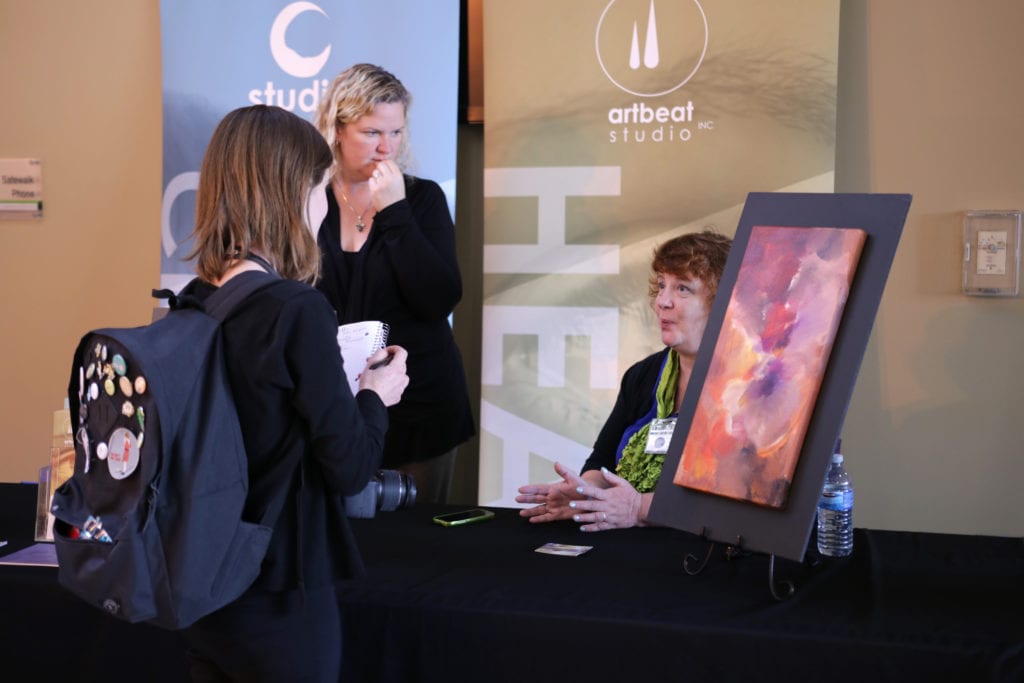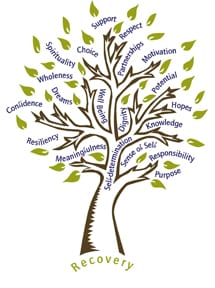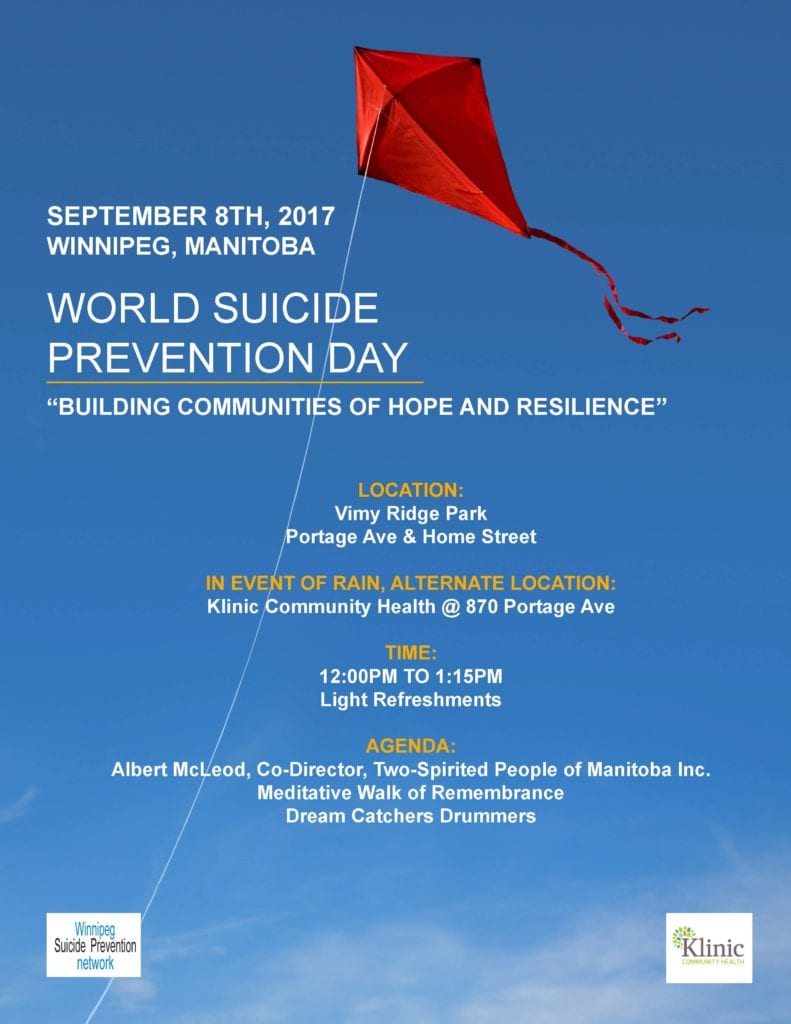Send Your Stress Away: Expressive writing supported by neuroscience
Neuroscientists have found that people who are chronic worriers tend to use more brain energy when they make a mistake (see this study, for example). Knowing this, researchers have been trying to find a way to reduce this enlarged response to errors among anxious people. One strategy that appears to work is expressive writing.
 Expressive writing is the process of writing about something personal and important to you without regard for grammar, spelling, punctuation or other formal strictures. You are writing only for yourself, focusing on how you feel about the topic or event about which you choose to write.
Expressive writing is the process of writing about something personal and important to you without regard for grammar, spelling, punctuation or other formal strictures. You are writing only for yourself, focusing on how you feel about the topic or event about which you choose to write.
A recent study in the journal Psychophysiology found that anxious college students who practiced expressive writing for 8 minutes prior to a computer task, showed less of a brain response to errors than another group of anxious college students who engaged in regular writing before the computer task. The researchers propose that the mental drain anxiety creates was in deed reduced, freeing up mental resources to focus on the computer task. They conclude “expressive writing shows promise for alleviating the interfering impact of worries on cognition.”
This adds to the body of evidence that writing down our feelings, stresses, or worries can help us be more efficient in getting the things done that we need. Check out the work of James W. Pennebaker and colleagues for evidence that expressive writing is linked to better immune functioning, less distress for migraine sufferers, fewer physician appointments, and reduced anxiety.
 During THRIVE Week, come down to our Send Your Stress Away event, where we’ll provide postcards on which you can practice expressive writing and give your brain a break from your worries.
During THRIVE Week, come down to our Send Your Stress Away event, where we’ll provide postcards on which you can practice expressive writing and give your brain a break from your worries.
Date: Wednesday, November 8th
Time: 8:30am-3:00pm
NDC: Library Hallway
EDC: North Atrium
Breanna Sawatzky, Mental Health Coordinator

















